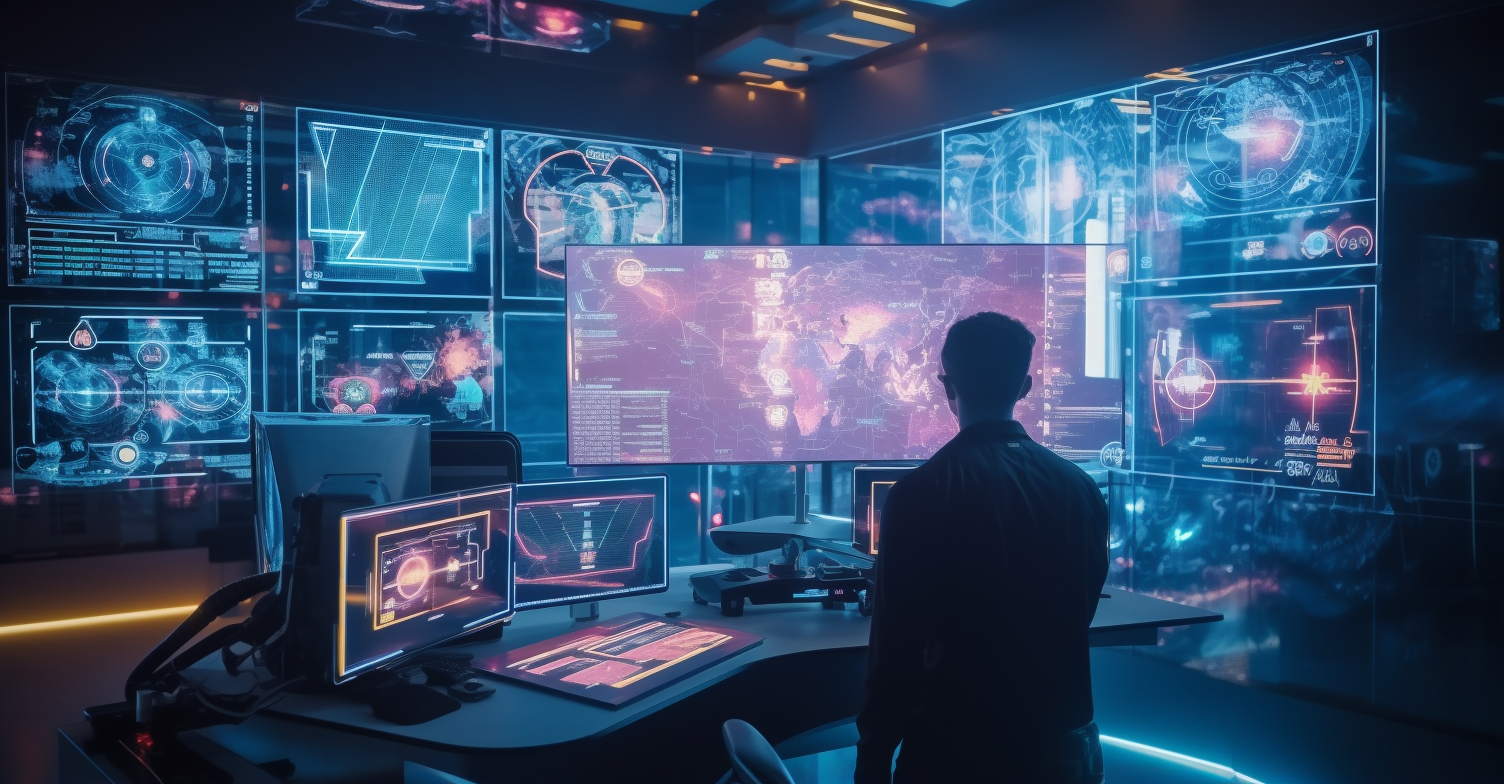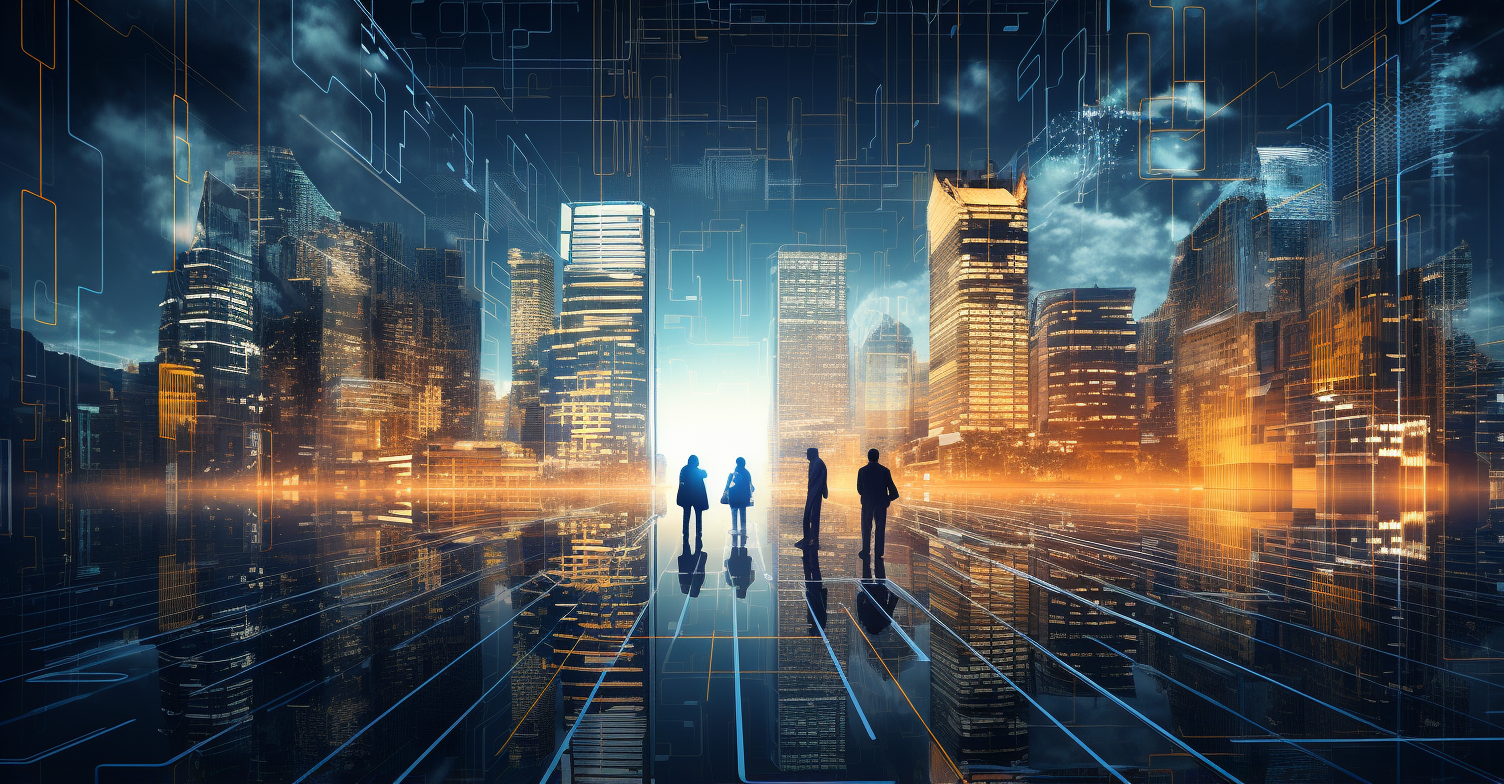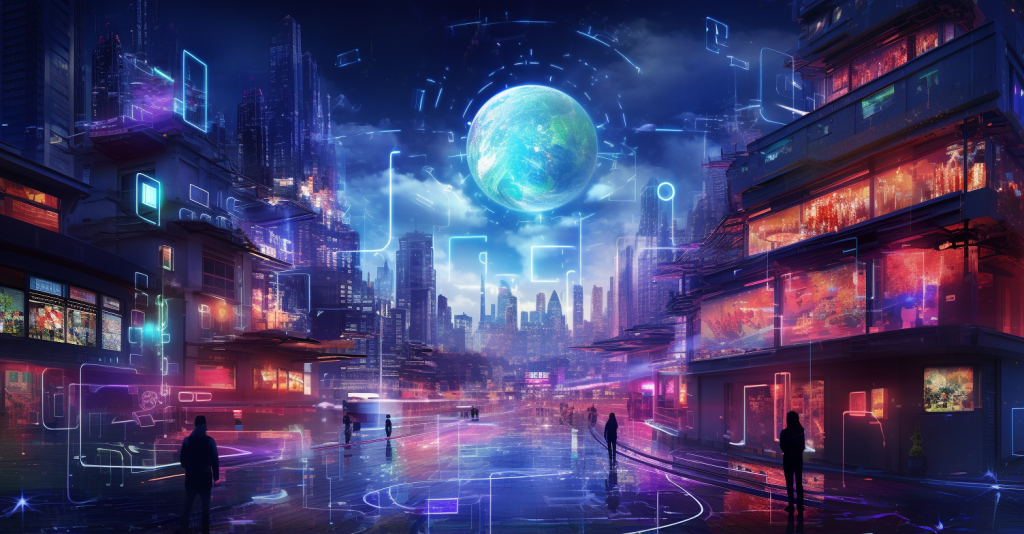In the rapidly evolving world of technology, Artificial Intelligence (AI) stands at the forefront, revolutionizing industries and reshaping the way we perceive the digital realm. According to a report by Stanford University, AI-driven technologies are expected to contribute up to $15.7 trillion to the global economy by 2030. As cyber threats become more sophisticated, the role of AI in web security is becoming increasingly crucial.
What is Artificial Intelligence?
Ah, Artificial Intelligence (AI). It’s not just a buzzword that techies throw around to sound cool at parties. It’s the real deal, and it’s here to stay.
| Concept | Description |
|---|---|
| Artificial Intelligence (AI) | A branch of computer science focused on creating machines capable of mimicking human intelligence. |
| Machine Learning (ML) | A subset of AI that uses algorithms and data to enable machines to learn and make predictions. |
| Deep Learning (DL) | A subset of ML that employs neural networks to simulate human decision-making and learning processes. |
| AI in Web Security | The use of AI-driven technologies to enhance web security by detecting and mitigating cyber threats. |
So, what exactly is it? At its core, AI is a branch of computer science that aims to create machines capable of mimicking human intelligence. Think of it as teaching machines to think and learn, much like we do.
But it didn’t just pop into existence overnight. The concept of AI has been around for decades, with its roots tracing back to the mid-20th century. Early pioneers like Alan Turing laid the groundwork, asking profound questions like, “Can machines think?” Fast forward to today, and we’re living in an age where AI is not just thinking but also learning and evolving.
Now, here’s where things get a tad bit tricky. You might have heard terms like Machine Learning (ML) and Deep Learning (DL) being used interchangeably with AI. But they’re not quite the same. While AI is the broad goal of autonomous machine intelligence, ML is the method we use to bring that vision to life. ML is all about algorithms and data. Feed it enough data, and it learns. Deep Learning, on the other hand, is a subset of ML. It’s the next evolution, using neural networks to simulate human decision-making. For a deeper dive into Machine Learning, check out this [Link to an article from your website explaining Machine Learning]. And if you’re itching for more on AI’s definition and its nuances, here’s a comprehensive guide that breaks it down.
The Role of AI in Modern SEO
Remember the days when SEO was all about stuffing keywords and hoping for the best? Thankfully, those days are long gone. Today, AI is at the helm, steering the SEO ship into uncharted waters.
| Benefit | Description |
|---|---|
| Data Analysis | AI analyzes vast amounts of data to make informed decisions about content ranking and optimization. |
| Audience Tailoring | AI ensures that content is tailored to the specific needs and preferences of the target audience. |
| Time and Resource Savings | AI automation reduces the time and resources required for SEO tasks, making the process more efficient. |
| AI SEO Tools | AI-powered SEO tools, such as chatbots and content analyzers, enhance user experience and provide valuable insights for better optimization. |
So, how exactly is AI shaking things up in the SEO world? For starters, it’s making predictions and decisions at lightning speed, analyzing vast amounts of data to determine which content ranks and why. It’s like having a super-smart assistant who knows exactly what your audience wants, even before they do.
The benefits of integrating AI into SEO strategies are manifold. Not only does it save time and resources, but it also ensures that the content is tailored to the audience’s needs. No more shooting in the dark; with AI, every move is calculated and precise.
And let’s not forget the myriad of AI SEO tools out there. From chatbots that enhance user experience to tools that analyze user behavior and tweak content accordingly, AI is making its mark. These tools are not just fancy add-ons; they’re game-changers, ensuring that websites stay relevant in this ever-evolving digital landscape. Curious about these tools? Here’s a handy resource that delves into their significance.

Top AI SEO Tools in 2023
The digital landscape is ever-evolving, and with it, the tools we use to navigate this vast expanse. Enter 2023, and Artificial Intelligence (AI) isn’t just knocking on the SEO door; it’s kicked it wide open.
| Tool | Description |
|---|---|
| Predictive Analytics | Uses AI to predict user behavior and optimize content accordingly, improving engagement and rankings. |
| Real-Time Content Optimization | Utilizes AI to continuously update and optimize content to align with the latest search engine algorithms. |
| AI-Powered Chatbots | Enhances user experience through AI-driven chatbots that provide immediate responses and assistance. |
| User Behavior Analysis | Analyzes user behavior data to make data-driven decisions for SEO strategies, ensuring content relevance. |
So, what’s the buzz about the leading AI SEO tools this year? Well, for starters, they’re smarter, faster, and more intuitive than ever. These tools are like the Swiss Army knives of the SEO world, packed with features that make the lives of marketers a breeze.
One standout tool, for instance, uses deep learning to analyze user behavior, predicting what content they’ll engage with next. Another harnesses the power of AI to optimize content in real time, ensuring it’s always in line with the latest search engine algorithms.
But it’s not just about fancy features. The real magic lies in the benefits these tools bring to the table. From automating mundane tasks to providing insights that were previously out of reach, these tools are changing the game. They’re not just making SEO easier; they’re making it more effective. For a deeper dive into the world of AI SEO tools, check out this insightful piece.

Blockchain and Cryptocurrency: AI’s New Frontier
Ah, blockchain and cryptocurrency. Two words that have been on everyone’s lips (and investment portfolios) in recent years. But did you know that Artificial Intelligence is weaving its way into this domain, creating a synergy that’s nothing short of revolutionary?
Let’s break it down. AI’s integration into blockchain and cryptocurrency is like adding rocket fuel to an already blazing fire. It’s enhancing everything from transaction speeds to security protocols.
One of the standout applications is in predictive analytics and trading. Imagine a tool that can predict market trends with uncanny accuracy, all thanks to AI’s ability to analyze vast amounts of data in the blink of an eye. Traders can now make informed decisions, minimizing risks and maximizing returns.
But it’s not all about the money. AI is also playing a pivotal role in enhancing security within the blockchain. With cyber threats becoming more sophisticated, AI steps in, detecting anomalies and potential breaches before they can cause any real damage. This not only ensures the integrity of transactions but also instills trust among users. For a comprehensive look at how AI is reshaping the blockchain landscape, here’s a resource that covers it all.
AI’s Impact on Different Industries
When we talk about Artificial Intelligence, it’s not just a fancy tech term reserved for Silicon Valley. It’s a global phenomenon, making waves from Hollywood to Wall Street and even in your local clinic.
Healthcare
AI in healthcare? Yep, it’s a thing. From predicting patient illnesses before they manifest to robotic surgeries, AI is revolutionizing the medical field. Gone are the days of waiting hours for an X-ray result; with AI, it’s instant and more accurate.
Finance
Banks and AI might seem like an odd couple, but they’re more in love than ever. AI-powered bots are now handling customer queries, fraud detection has reached new heights, and stock predictions? Let’s just say Wall Street might have a new oracle.
Entertainment
Ever wondered how Netflix knows just what you want to watch next? You guessed it, AI. From personalized recommendations to CGI in movies, AI is the unsung hero in the entertainment industry.
As for the future, the next decade looks promising. With advancements in AI, industries are set to become more efficient, personalized, and user-centric. For a deeper dive into AI’s impact and what the future holds, check out this insightful piece by IBM.

Ethical Considerations in AI
Ah, the age-old tussle between innovation and ethics. As with every great invention, AI too comes with its set of ethical dilemmas.
The Innovation-Ethics Balance
It’s like walking a tightrope. On one side, you have the limitless possibilities of AI, and on the other, the moral implications of machine decisions. Can we trust machines with life-altering decisions? It’s a question that’s up for debate.
Addressing Biases
Here’s a fun fact: Machines can be biased. Not because they have personal vendettas, but because they learn from us, humans. Ensuring fairness in AI means addressing these biases head-on, making sure that the data they learn from is diverse and representative.
Regulations and Guidelines
With great power comes great responsibility, and AI is no exception. As we integrate AI deeper into our lives, the role of regulations becomes paramount. These guidelines ensure that AI serves humanity and doesn’t harm it. From data privacy to decision accountability, it’s all under the regulatory scanner. For a comprehensive look at the ethical considerations in AI, Britannica has got you covered.
Frequently Asked Questions
What is Artificial Intelligence?
Artificial Intelligence, often abbreviated as AI, is a branch of computer science that aims to create machines capable of mimicking human intelligence processes, such as learning, reasoning, and problem-solving.
How is AI impacting web security?
AI is transforming web security by:
- Detecting vulnerabilities faster.
- Predicting and preventing cyber-attacks.
- Automating threat responses.
Are there risks associated with AI in web security?
Yes, while AI offers enhanced security measures, it can also be exploited by cybercriminals to launch sophisticated attacks or bypass security protocols.
How does AI differ from traditional security methods?
AI employs machine learning and data analytics to adapt and respond to threats, whereas traditional methods rely on predefined algorithms and rules.
What are the future prospects of AI in technology?
The future of Artificial Intelligence is promising, with advancements in automation, data analysis, and predictive modeling set to redefine various sectors, including web security.
Conclusion
The realm of Artificial Intelligence is vast and ever-expanding. As we delve deeper into the intricacies of AI, its potential to reshape web security becomes evident. With its ability to predict, adapt, and respond, AI is undeniably the future of technology.

